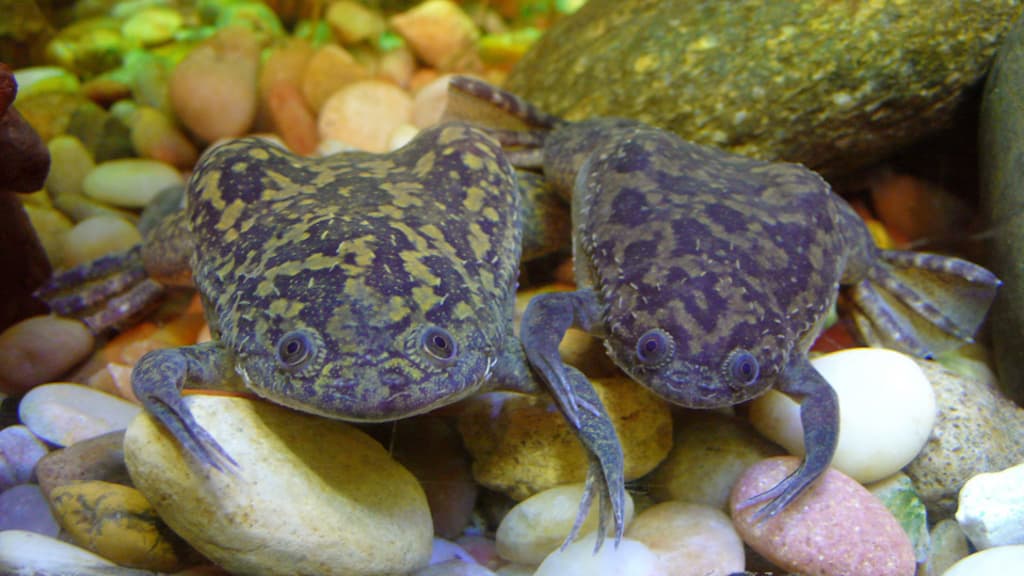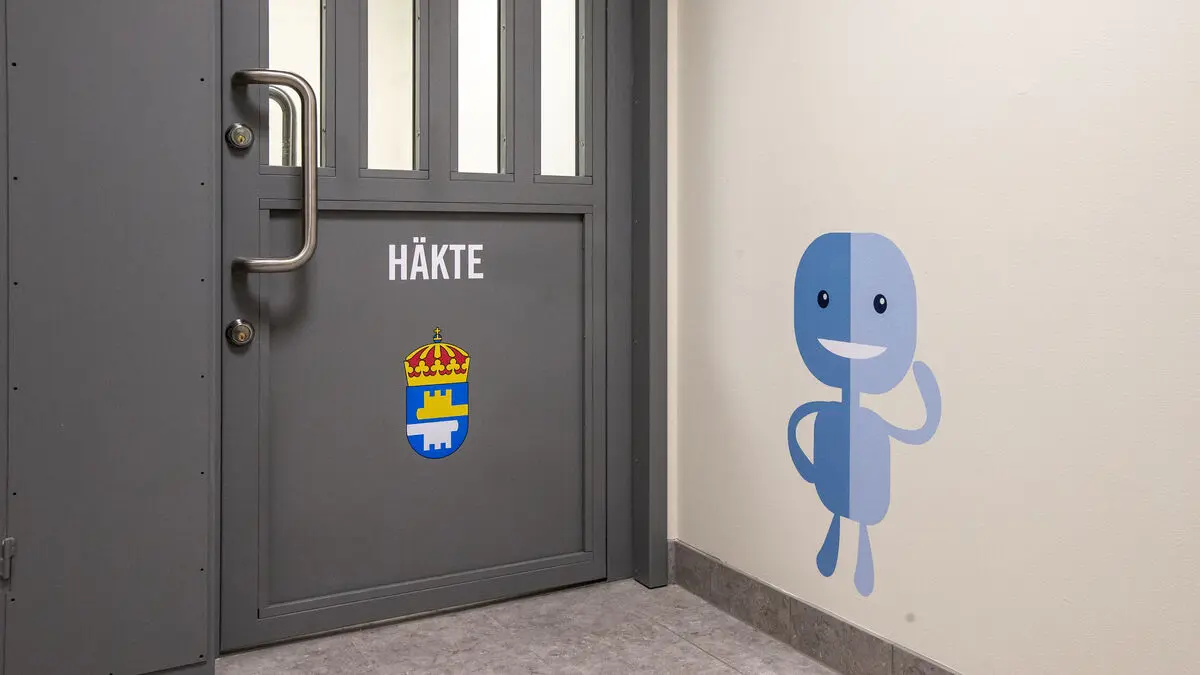A water plant, a frog, and a small fish. From and with 2 August, it is no longer allowed to sell, trade, cultivate, breed or transport the three species water wisteria, African clawed frog, and mummichog.
None of the species are yet found in Swedish nature, but if you have, for example, a water wisteria, also called water salad, in your aquarium or garden pond, you must throw it away in the trash or in a closed compost.
The African clawed frog is found as a pet. Those who have a frog at home may keep it until it dies.
"You must, however, be sure that the frog cannot reproduce or escape", says Henrik Lange, coordinator for invasive alien species at the Environmental Protection Agency in a press comment.
The frog is also used as a laboratory animal, and those who research the species now need a permit from the Environmental Protection Agency.
The third species is the mummichog, a fish from the east coast of North America that can live in both fresh and saltwater. The mummichog has not yet been found in Sweden, but is found along the Spanish and Portuguese coasts.
The ban, which comes from the EU, is due to the three species spreading because they can threaten biodiversity, the economy, or human health.






